Ben is a co-funded Masters student studying economic change in the small town of Pātea, Taranaki. I’m part of his supervisory team and took a trip out to Pātea to meet up with Ben and have a look around South Taranaki.
Tell us a bit about your background and how you got interested in economic geography
I’m originally from North Taranaki, in fact I’m currently there now studying by distance. I went to study geography at Massey Manawatū straight out of school. I came to the topic because geography allows for academic diversity, being able to address topics and borrow ideas from other physical and social sciences. Economic geography is a particular interest as I can explore impacts of and solutions to capitalism’s flaws.
What are you working on now?
I’m currently completing my Masters’ thesis, where I am exploring people’s responses to change in the context of a small town, Pātea. This project includes a media analysis and semi-structured interviews with community leaders.
What do you think the biggest challenges will be?
One of the biggest challenges in my research is the interviewing. Having never done anything like this before, I have found it a difficult process to work through: planning interview questions, conducting interviews, and then discovering mistakes or oversights made, during transcription and analysis. It has definitely been one of those skills that can’t be just read about – it has to be continuously tried and improved for oneself, but I do think I am much better at interviews now than I was before my first.
What are some of the surprising or interesting things you have discovered in your fieldwork so far?
An interesting part of Pātea is the culture which stands in contrast to statistics and some media coverage. It has been evident with everybody I’ve talked to that they understand their community is sometimes called ‘lower socioeconomic’ by others. But they reject this as a sole identity and instead have embraced an engaging community lifestyle where local people and families can thrive peacefully and cooperatively. While there are certainly economic challenges, to identify a community like this only as ‘poor’ is to miss the point entirely. It is also clear that this identity is constantly shaped by the community leaders I talked to, who are passionate about their place, and inspire others to share in that passion.

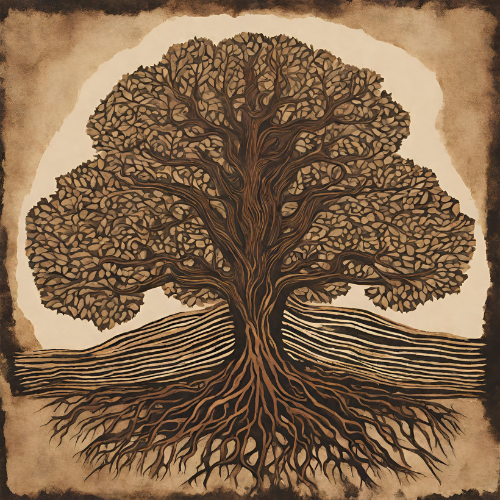
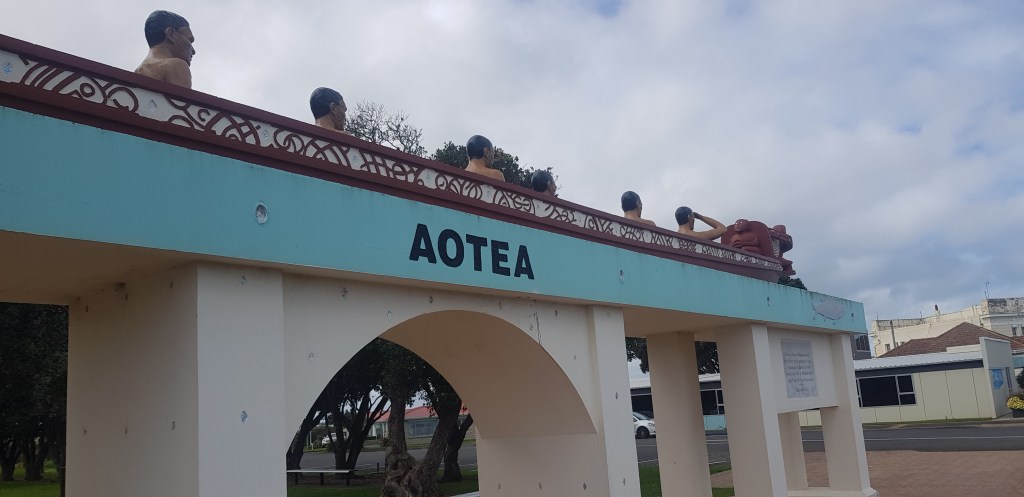
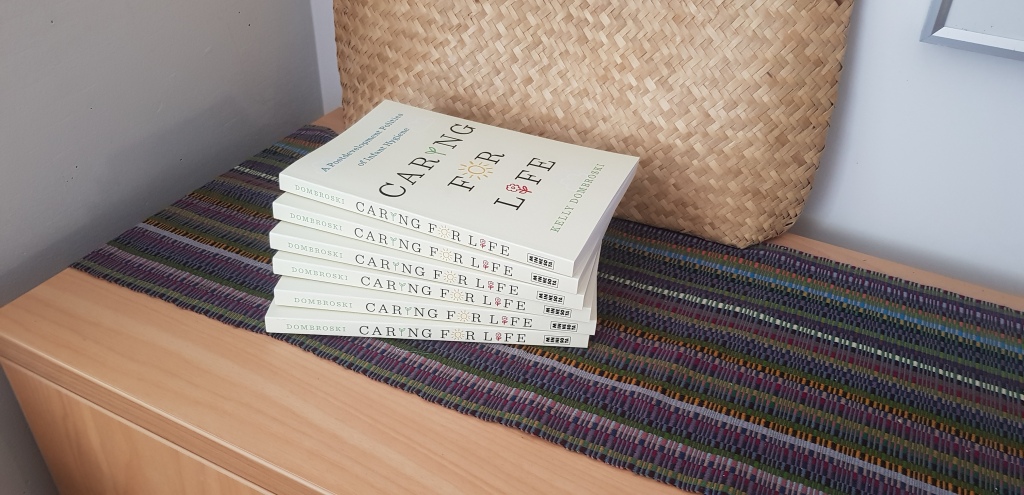
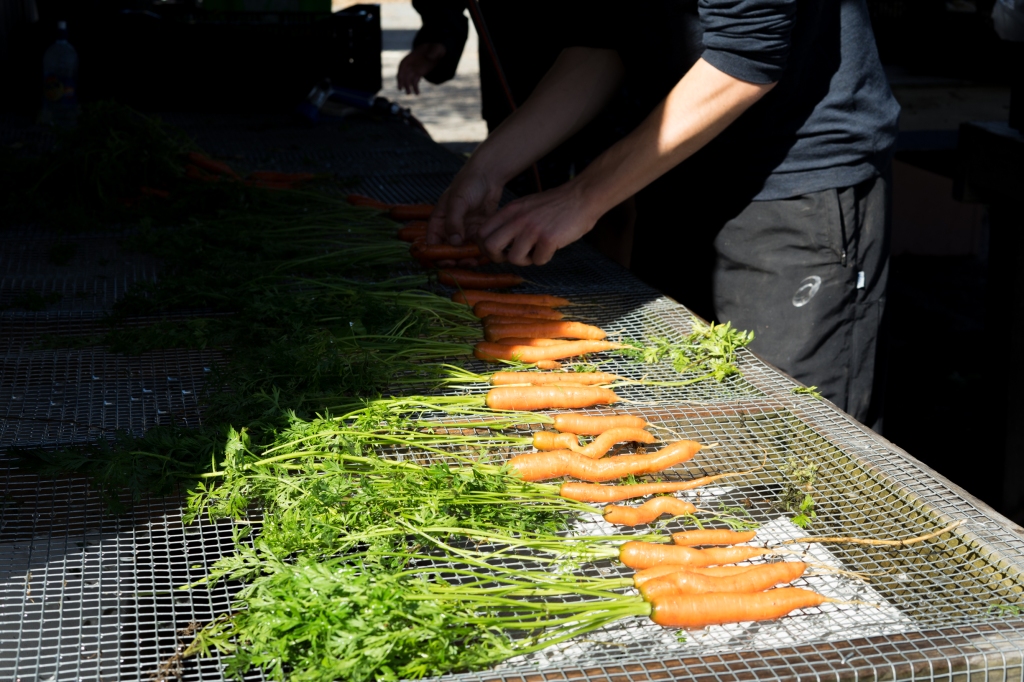
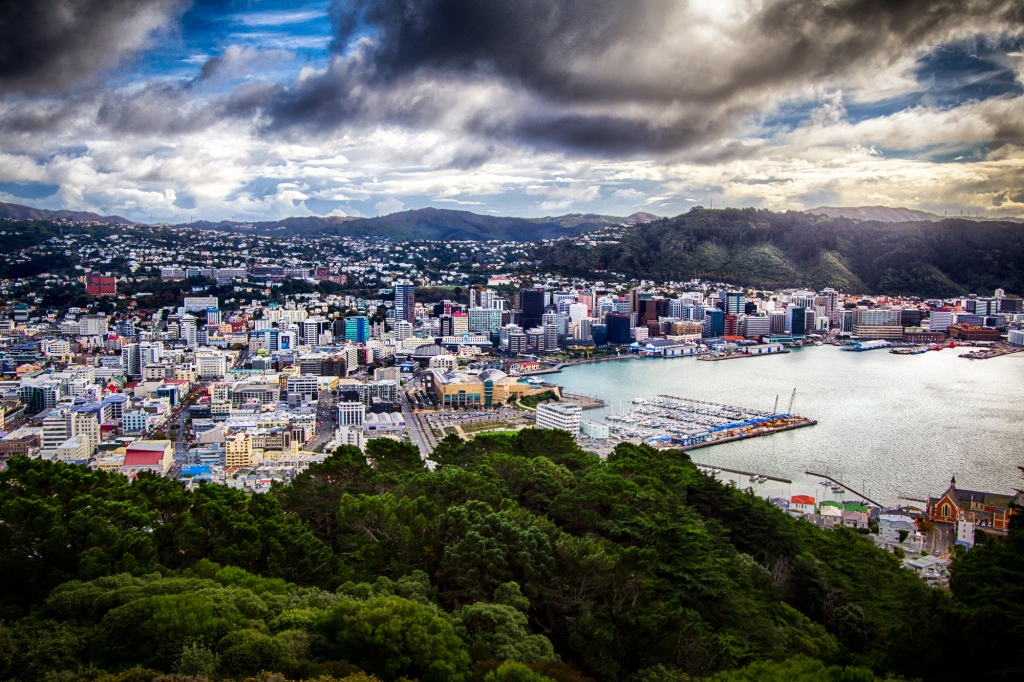
Leave a comment